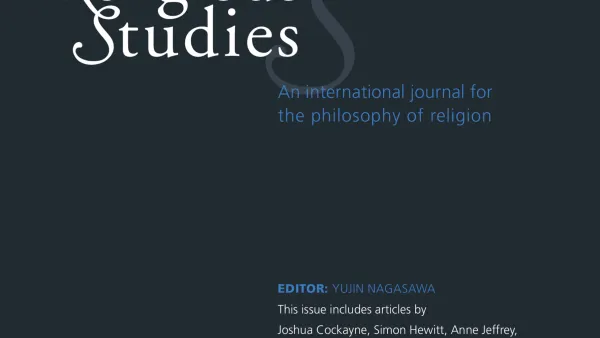Professor Heil is listed among the 50 Most Influential Living Philosophers. He works primarily in metaphysics and philosophy of mind and has teaching interests in metaphysics, logic, philosophy of mind, and early modern philosophy.
In 2020, John Heil was elected a Fellow of the Australian Academy of the Humanities. He was a 2019–2020 Fulbright-Australia Fellow at Monash University, and the recipient of a John Simon Guggenheim Memorial Fellowship in 2018–19. Heil's most recent books include From an Ontological Point of View (Oxford University Press 2006) and The Universe as We Find It (Oxford University Press 2012), Appearance in Reality (Oxford University Press 2021), What is Metaphysics? (Polity Press 2021), Relations (Cambridge University Press 2021, and First-Order Logic: A Concise Introduction 2d ed (Hackett2021). He is currently working on the 5th edition of Philosophy of Mind: A Contemporary Introduction (Rutledge) and a monograph, tentatively titled Things are Seldom What They Seem.
Professor Heil's Institute of Art and Ideas lectures on The Universe as We Find It, delivered at Hay-on-Wye in 2014 at the 'HOWTHELIGHTGETSIN' festival, and a recent piece on the Secrets of Experience on can be found on the Institute's Philosophy for Our Times webpage.
Interview and Talks
Richard Marshall's 3:AM Magazine interview with John Heil on The Universe as We Find It
Tony Sobrado's Biggest Questions interview with John Heil on 'What is Consciousness?'
Appearance and Reality: A Q&A with John Heil Interview by John More









